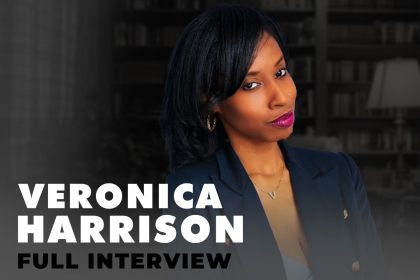
Banking Rules:
Read the Fine Print Before Opening a Checking Account
When opening a checking account, there are several options that need to be considered.
If you travel, for instance, how many different states is this particular banking institution located in? Or, is there a limit on the number of transactions you can have per banking period? Listed below are three of the most important factors to consider when opening an account and how you should utilize them to your advantage.
Fees:
Banking fees are an avoidable expense that saps the funds in your account. Get a clear understanding of how your banking institution institutes fees so that you can avoid making costly mistakes. The number one fee is usually overdrafts. Balance your account, because overdraft fees are generally at least $35 and can pile up on if you let your balance dip into negative digits. Also, find out if your bank has minimum balance requirements or average daily balance requirements. Minimum balance requirements usually stipulate that a certain amount is in the account every month at a certain time. Daily balance requirements are a little more rigid and demand that you keep a certain amount in your account at all times. Know how fees are incurred and what your bank charges so that you are better equipped to avoid costly penalties.
Free checking options:
Many banks and credit unions offer free checking — particularly to students. This is an attractive option if you’re looking to open a new account with as little hassle as possible. Also, in addition to a free checking account, make sure the bank offers free online banking and free ATM use. That way you can access your account information in a myriad of ways without accruing petty fees. Most free checking accounts also offer BillPay services, but be careful — free checking accounts don’t always have minimum balance requirements and if you have BillPay and don’t have the funds, you’ll rack up overdraft fees quickly. Which segues nicely to our third checking account option …
Overdraft Protection:
Again, if there are no minimum balance requirements, you might want to take advantage of overdraft protection. Now, overdraft protection only works (and is typically only offered) if you have other accounts with the same institution. So, if you have a savings account, for instance, you can use it to protect your checking account from overdraft fees. This can help you avoid overdraft fees if you’re not the best at balancing your checkbook. But, the best rule of thumb is to exercise discipline and monitor your spending.
A checking account is usually the first relationship anyone has with a banking institution. Use it wisely and you can start to build credit, and strengthen that banking relationship so that future endeavors, (loans, mortgages, etc.) are easier to negotiate. –todd williams










